Listen to the article
In late 2021, former Prime Minister Shinzo Abe made a series of speeches at think tanks in Taipei on the importance Japan places on Taiwan’s security, prosperity and stability.
He stated explicitly that a Taiwan contingency, meaning, reunification by force by China, would be a direct threat to Japan’s security. Rather than being hyperbolic or inflammatory, his views represented a statement of fact. Sea lines of communication in and around Taiwan are critical arteries that transport goods and energy resources to Japan. As a result, any action by China to force reunification would be an existential threat to those critical sea lines.
Above and beyond sea lines of communication are technology and other supply chains that connect Taiwan to mainland China, but also Japan and other countries who depend on the China-centered global production network. We may be able to live without our Nike shoes or Victoria Secret undergarments produced in China, as Isaac Stone Fish described in his book “America Second: How America’s Elites Are Making China Stronger,” for a while, but not without the Taiwanese Semiconductor Manufacturing Company’s latest generation of chips.
These essential chips go into many of Japan and other countries’ signature industrial and technological products such as Toyota vehicles, PlayStations, jet fighters, Apple products and countless other manufactured goods that our societies depend on.
Washington’s Center for International Strategic Studies estimates $5.5 trillion in trade flows through the sea lines that connect the Malacca Strait, South China Sea, Taiwan Strait and East China Sea where Japan’s faces nearly daily incursions of Chinese merchant and government vessels into the waters surrounding the Senkaku Islands, according to the Japan Coast Guard.
It is not an understatement to say that what happens in Taiwan doesn’t stay in Taiwan. This is why Japan and other countries should have interest in Taiwan’s fate, stability and prosperity – including the results of local and national elections.
Last month Taiwan held a local, transparent and peaceful democratic election. Watching from the ground during a research and conference visit, I observed opposing sides engaged in what democratic societies around the world would recognize as an active civil society: politicians on the stump trying to woo voters and a vibrant political debate as to the direction Taiwanese politics should take.
Post-election, the vanquished Democratic Progressive Party accepted the Kuomintang, or the Nationalist Party of China, as the victors. The president of Taiwan and the DPP, Tsai Ing-wen, resigned as party head to take responsibility.
This peaceful local transition of power reflects the deep democratic roots Taiwan has cultivated since its transition away from the Chiang Kai-shek dictatorship. It also is a concrete manifestation of just how much the island has diverged in politico-cultural values from mainland China and the challenges that lie ahead in terms of a one country, two systems model for reunification.
This divergence did not happen suddenly, but it has accelerated rapidly with what former prime minister of Australia and now president of the Asia Society, Kevin Rudd, describes as Xi Jinping’s strong tilt toward Marxist-Leninist-Nationalist leadership beginning in 2012.
For Rudd, this means more Marxist intervention into the economy, more Leninist-control mechanisms throughout all levels of society to ensure complete Communist Party of China control and more nationalist policies manifested as assertive behavior at home and abroad targeting the U.S., Japan and like-minded countries.
The hollowing out of Hong Kong’s civil society after the imposition of the National Security Law (NSL) in 2020 has also vividly illustrated the divergences between Xi’s China and his willingness to destroy the one country, two systems model, which allowed for limited political plurality.
In the case of Hong Kong, it has plunged to 148th in world press freedom rankings according to Reporters Without Borders’ annual index on press freedom. We have also seen the World Justice Project rule of law index rank it at No. 22 this year positioning, the city out of the top 20 countries for an abidance for rule of law. These unfavorable conditions, in connection with the NSL and COVID-19 policies, have resulted in the population falling to 7,291,600 from 7,413,100 in the middle of 2021, according to the Census and Statistics Department.
Looking back, in 2013, Xi approved a communique euphemistically known as Document 9, which stresses guarding against seven political perils, including constitutionalism, civil society, nihilistic views of history, universal values, attempting to change China’s basic economic system, questioning reform and opening and the socialist nature of socialism with Chinese characteristics and the promotion of the West’s view of media.
Basically, Xi’s missive attacks the very core of today’s modern Taiwanese identity as demonstrated in the recent election.
This matters for democratic societies and countries that respect the rule of law, that strive to ensure that laws keep citizens and leaders accountable for their actions and for businesses that expect stable and predictable legal and political environments for their investments.
According to the Ministry of Foreign Affairs, bilateral trade between Japan and Taiwan was about $70 billion in 2019. Moreover, over the past 50 years, direct investment from Japan in Taiwan amounts to $16.3 billion, while Taiwanese direct investment in Japan was approximately $1.3 billion. Japan has much to lose if friction or a kinetic conflict across the Taiwan Strait occurs – but so do other countries that have huge investments in Taiwan.
Equally worrisome is Beijing’s increasingly active efforts to weaken Taiwan’s vibrant democracy through an attrition campaign that includes economic coercion, weakening Taiwan’s proven transparent and peaceful democratic institutions through bribes, threats and co-opting local business elites.
These would have the effect of “Hong Kong-izing” Taiwan, with similar destabilizing outcomes as seen with an erosion of the rule of law and freedom of the press. This would make Taiwan a less, not more, attractive destination for foreign direct investment. Simultaneously, it would raise concerns about the weaponization of technology and other supply chains associated with Taiwan.
The challenge for Japan and other like-minded countries is how to buttress Taiwan’s defensive capabilities to deter a forced reunification of Taiwan with mainland China while maintaining lucrative economic times with both sides of the Taiwan Strait.
Helping Taiwan defend itself will not just be through the provision of military deterrence capabilities. It will need to include helping strengthen Taiwan’s democratic institutions, its civil society and rule of law. This must include building a multilayered set of relationships through engaging with universities, civil societies, health organizations, trade agreements, and technology sharing, such that Taiwan’s presence in the international system is normalized as a political entity within the context of the “One China” policy.
At the same time, Japan and like-minded countries must strengthen communication with both Beijing and Taipei about how other countries see Taiwan as a global public good and a model for good democratic governance. Our collective priorities are the status quo, peace and stability across the Taiwan Strait and the region and ensuring that Taipei and Beijing find a peaceful way to settle their disagreements and bring stability to the Indo-Pacific.
While not easy, Tokyo needs to be uncharacteristically direct in its public and private messaging to Taipei and Beijing that reunification by military means, gray-zone tactics or lawfare is unacceptable to the international community because of the global good that Taiwan represents and the shared values it has with many in the international community — including Japan.
This article was first published on December 14, 2022, at https://www.japantimes.co.jp/opinion/2022/12/14/commentary/world-commentary/taiwan-global-importance/.
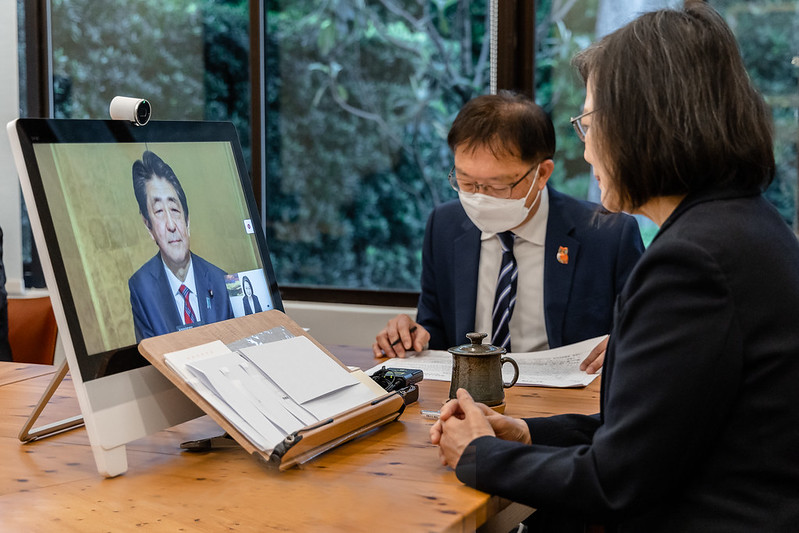
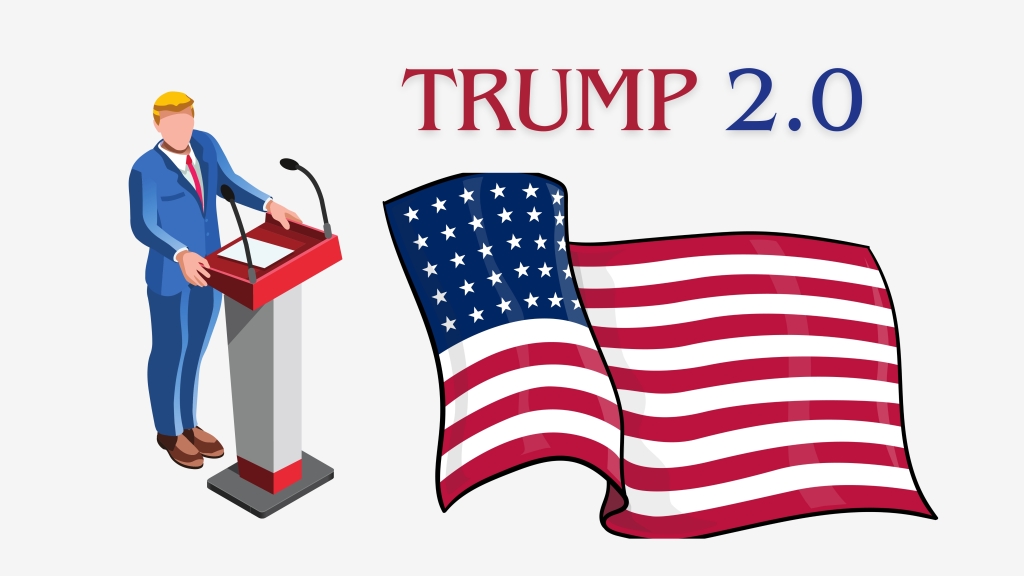
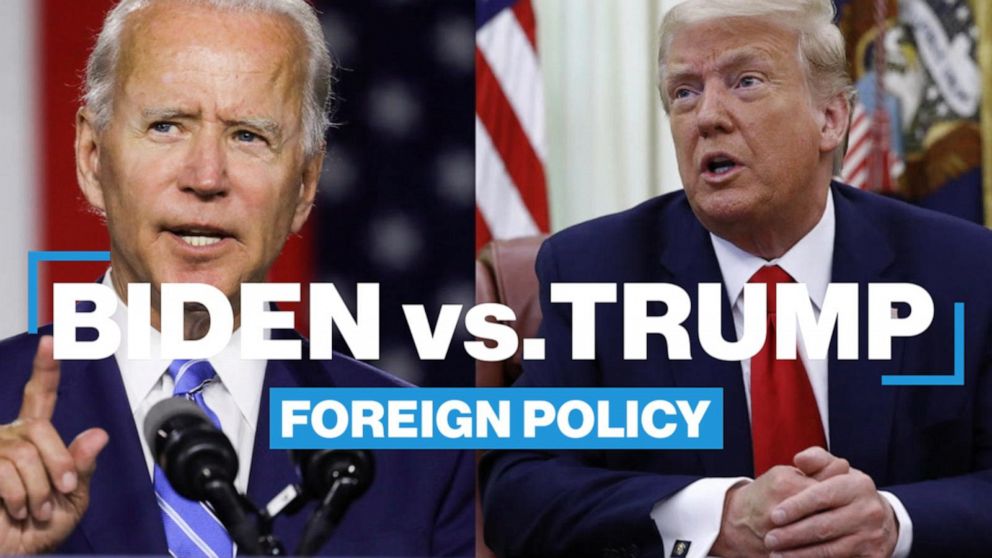
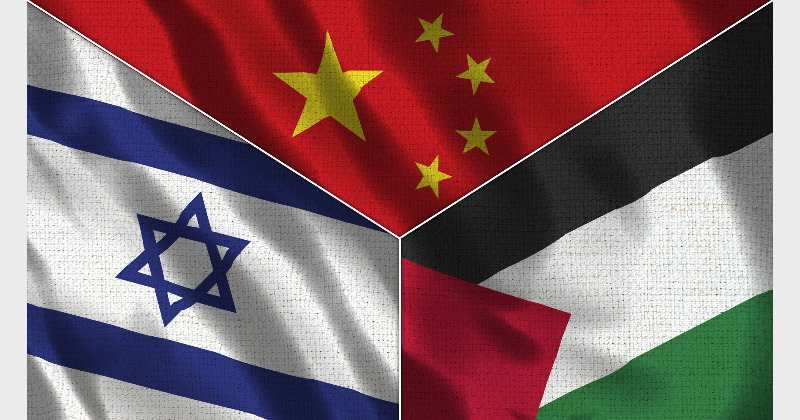
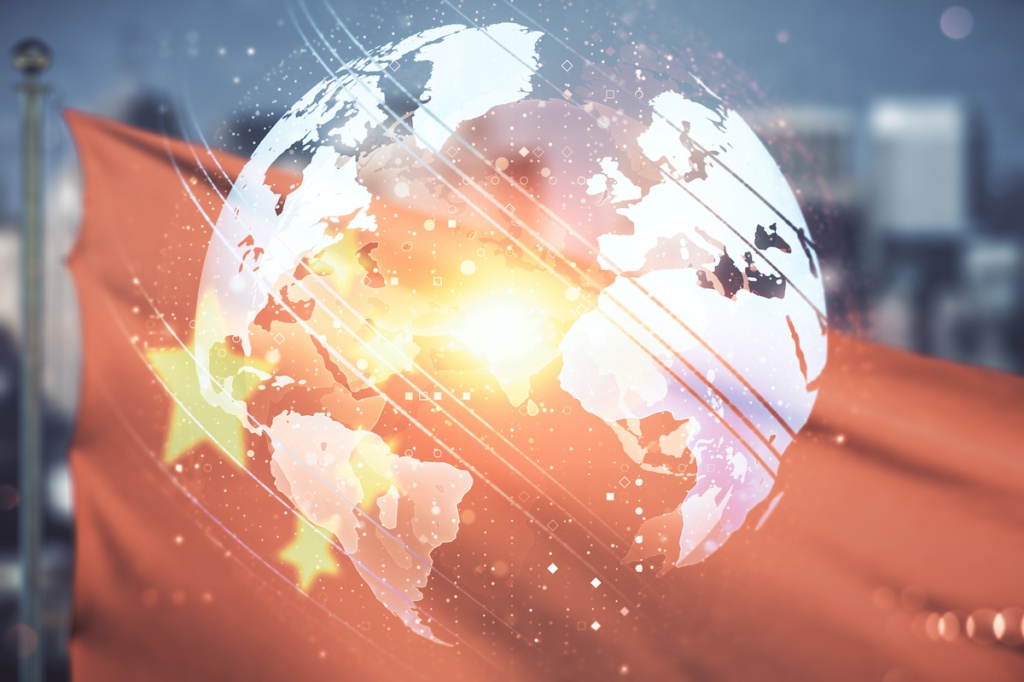
Leave a comment